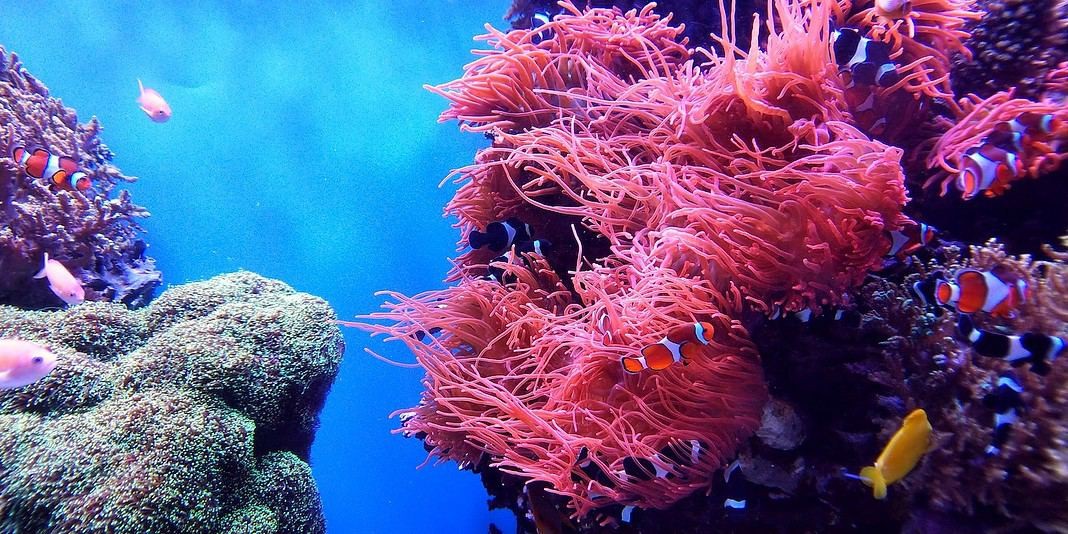Researchers have studied the effects of oxygen loss on coral reef habitats for the first time.
The research gives a snapshot of the current state of hypoxia at 32 coral reefs and sadly reveals that it is prevalent at many locations.
The research is the work of UC San Diego’s Scripps Institution of Oceanography in collaboration with a substantial team of colleagues both nationally and internationally. The study was published in the journal Nature Climate Change, and it is the first of its kind to document the effects of oxygen loss on reefs worldwide. The researchers found that as the climate continues to warm, oxygen deprivation will continue to get worse.
Commenting on the work, Ariel Pezner, a postdoctoral fellow at the Smithsonian Marine Station in Florida, stated:
“This study is unique because our lab worked with a number of collaborators to compile this global oxygen dataset especially focused on coral reefs — no one has really done that on a global scale before with this number of datasets. We were surprised to find that a lot of coral reefs are already experiencing what we would define as hypoxia today under current conditions.”
Pezner added:
“Baseline oxygen conditions varied widely among our reef habitats, suggesting that a singular definition of ‘hypoxia’ may not be reasonable for all environments. Determining which thresholds are relevant will be important moving forward in making predictions about how reefs might change under warming and oxygen loss.”
Check out the full study here.

